Why you need Vitamin C in your skincare routine

A go-to ingredient for fending off colds and flu as well as lessening stress levels, we’re used to taking vitamin C to boost our health, but if you didn’t know already it also works wonders on our skin.
Hyped by beauty buffs everywhere, it’s considered a superhero vitamin that’s right up there with other age-defying ingredients like retinol or ceramides, but what exactly does it do?
What are the benefits?
A cult ingredient, not only does it penetrate your skin to fight free radical damage caused by the environment, but it also helps fade pigment, stop inflammation and repair tired or lacklustre complexions.
Vitamin C is also hailed as a wonder anti-ageing skincare ingredient as it acts as a great collagen booster, making skin look firmer and more luminous.
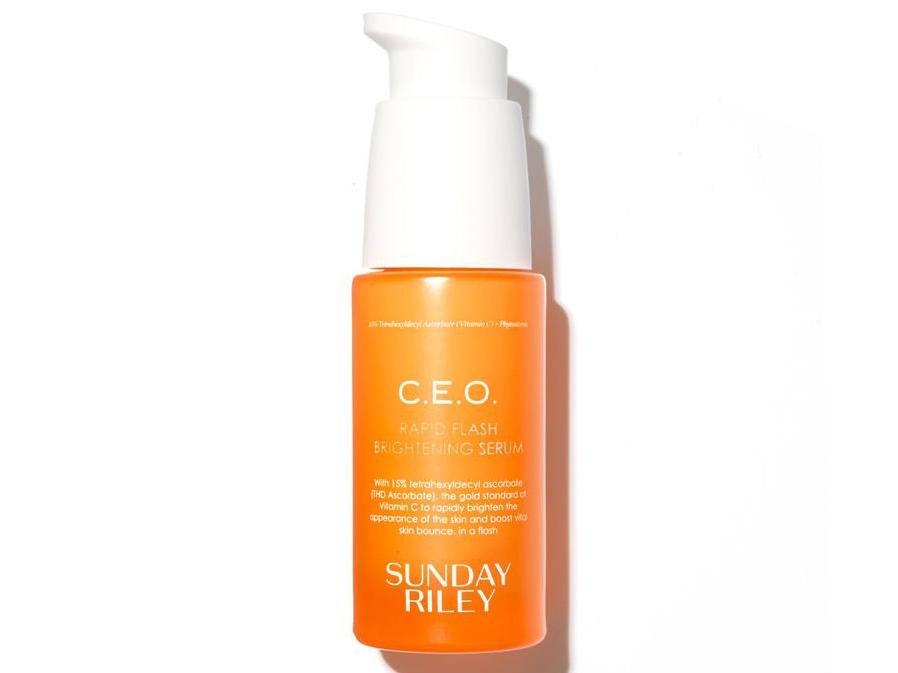
What type should you be using?
When it comes to looking for a suitable vitamin C product, it’s important to know that there are several different types including L-ascorbic acid, sodium ascorbyl phosphate, ascorbyl palmitate and retinyl ascorbate.
While any of the above will undoubtedly benefit your skin, L-ascorbic acid is considered to be the most favourable, with the most amount of scientific research behind it.
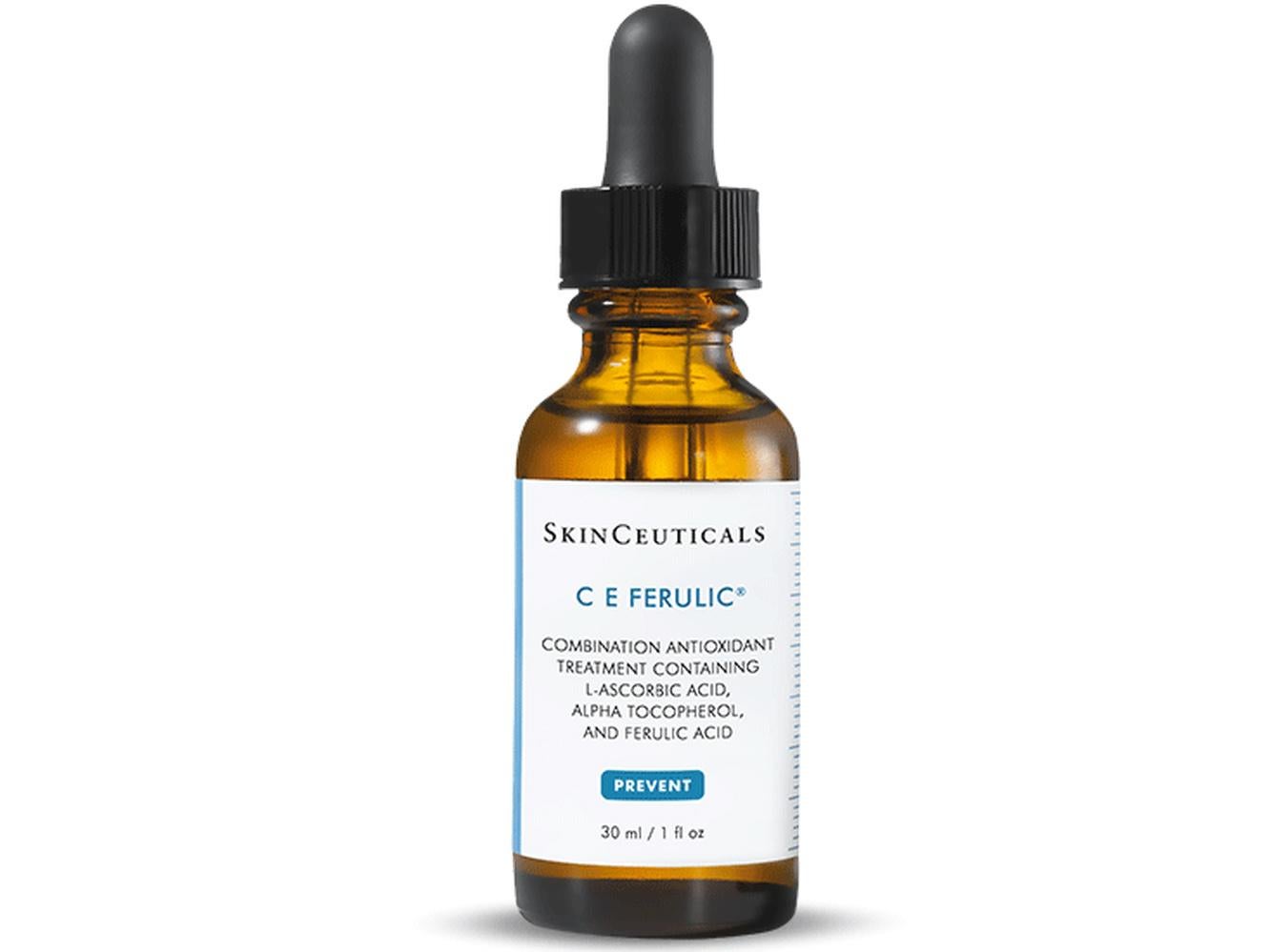
Similarly, the right concentration is important here too. Most products should tell you how much of the ingredient they contain and, as a rule, potency between three and 20 per cent will be the most effective.
Of course, the higher the percentage the quicker you’re likely to see results but, because the maximum skin absorption of vitamin C occurs at 20 per cent, anything above this may prove redundant.
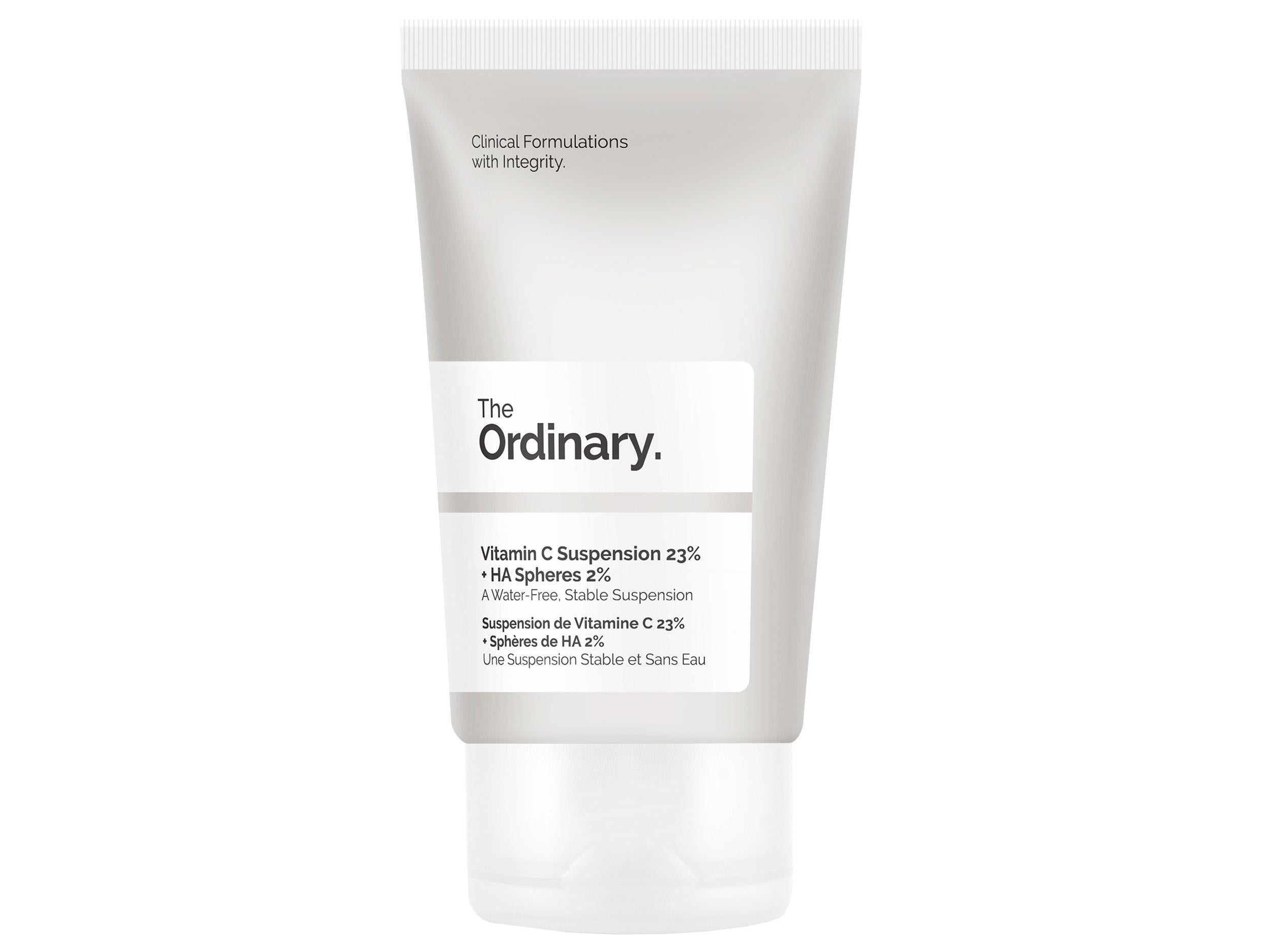
How often should you use it?
A wonder ingredient that’s hailed for its ability to protect your skin from UV damage and environmental aggressors, vitamin C is best used as part of your morning skincare routine; that being said, you can use it at night too.
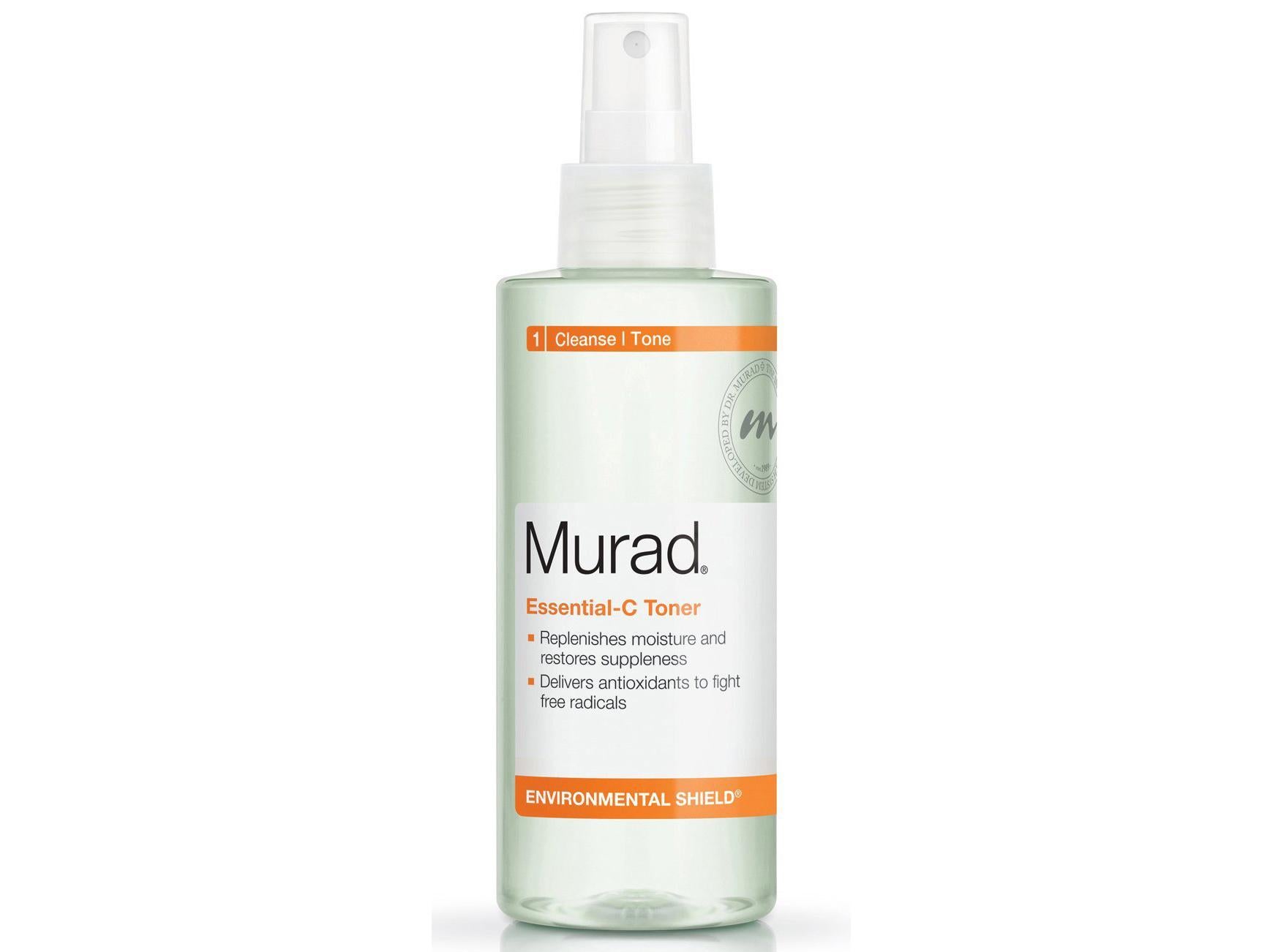
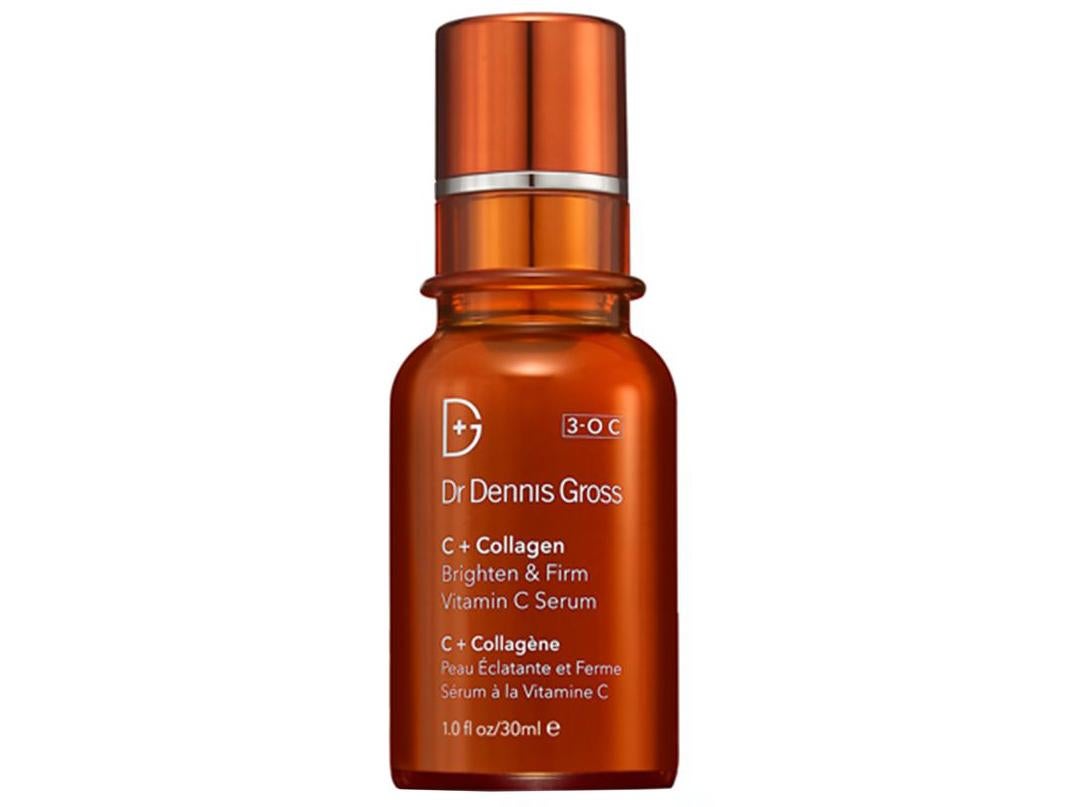
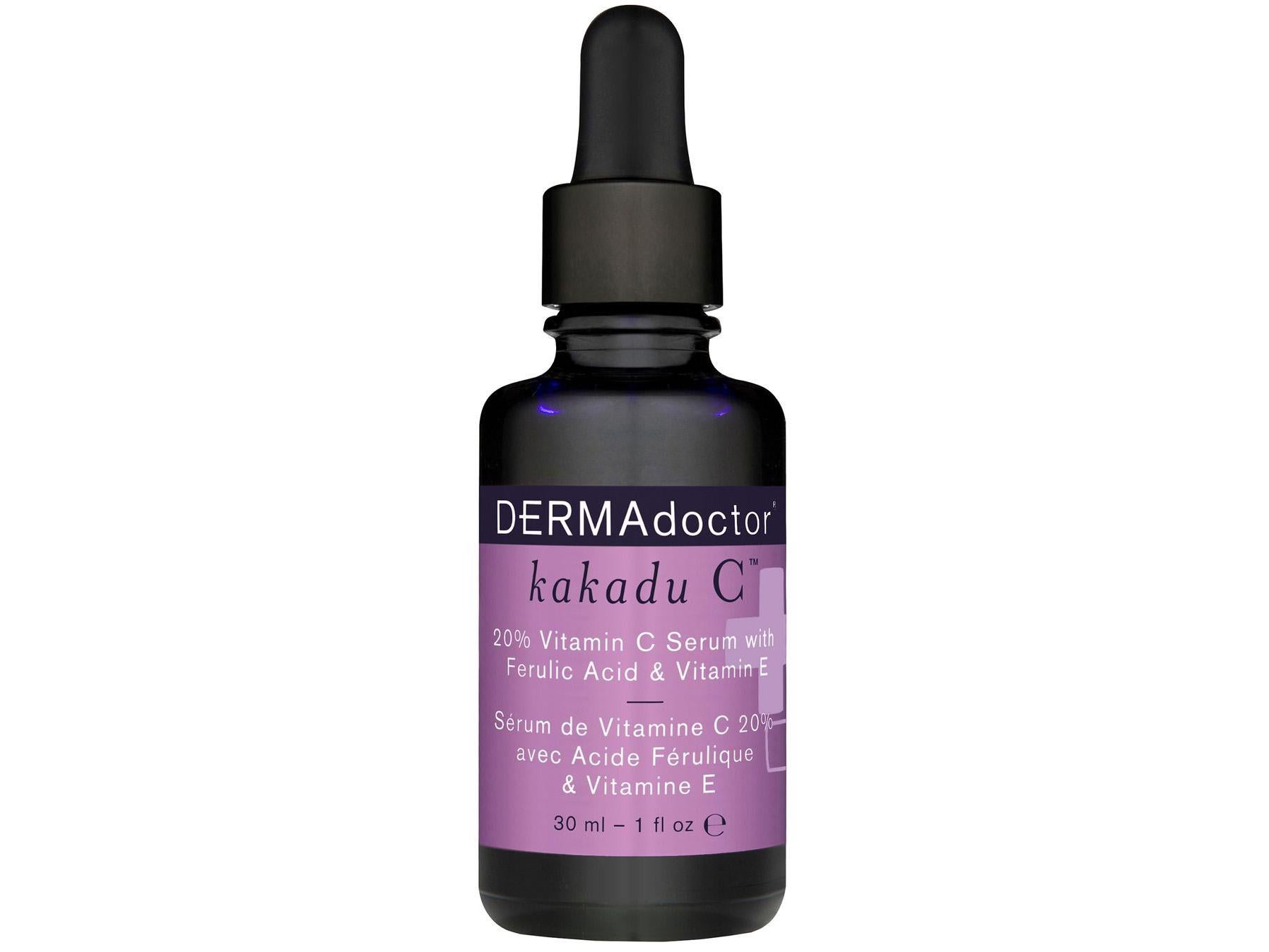
Join our commenting forum
Join thought-provoking conversations, follow other Independent readers and see their replies
Comments
Bookmark popover
Removed from bookmarks